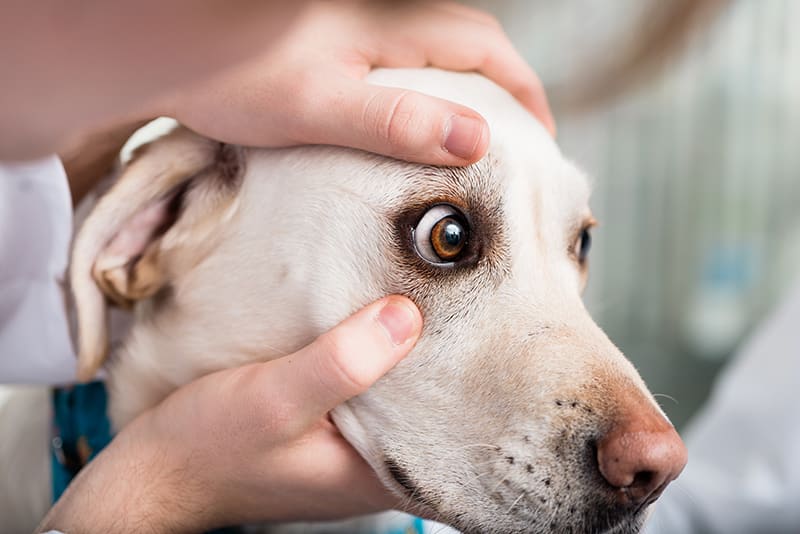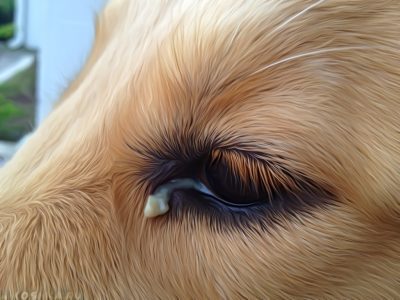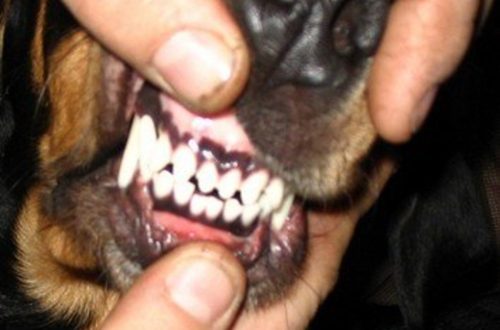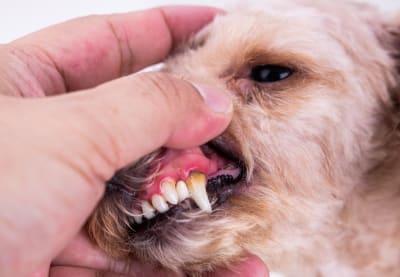
Blindness and vision loss in dogs

Contents
The dog owner should suspect that something is wrong with the following symptoms:
The dog begins to bump into pieces of furniture or other objects more often, even in familiar / familiar surroundings;
Does not immediately find favorite toys, even if they are in sight;
There is stiffness, awkwardness, clumsiness, unwillingness to move, excessive caution when moving;
On walks, the dog sniffs everything all the time, moves with its nose buried in the ground, as if following a trail;
If the dog was able to catch balls and frisbees, and now misses more and more often;
Does not immediately recognize familiar dogs and people on a walk;
Sometimes the first symptoms of vision loss can be noticed at certain times of the day: for example, the dog is clearly worse at dusk or at night;
The dog may experience excessive anxiety or, conversely, oppression;
With one-sided blindness, the dog can only stumble upon objects that are on the side of the blind eye;
You can notice changes in the width of the pupils and the transparency of the cornea of the eye, redness of the mucous membranes, tearing or dryness of the cornea.
Causes of reduced visual acuity or blindness in dogs:
Injuries to the eye, any structure of the eye and head, diseases of the cornea (keratitis), cataracts, glaucoma, luxation of the lens, retinal detachment, degenerative diseases and retinal atrophy, hemorrhages in the retina or other structures of the eye, diseases affecting the optic nerve, congenital abnormalities of the eye or of the optic nerve, various infectious diseases (distemper of dogs, systemic mycoses), tumors of the structures of the eye or brain, exposure to drugs or toxic substances, and systemic chronic diseases (for example, diabetic cataracts may develop in diabetes mellitus).
Breed predisposition
There is a breed predisposition to diseases that cause vision loss: for example, Beagles, Basset Hounds, Cocker Spaniels, Great Danes, Poodles and Dalmatians are predisposed to primary glaucoma; terriers, German shepherds, miniature poodles, dwarf bull terriers often have a dislocation of the lens, which is genetically determined; Shih Tzu dogs are more likely to have retinal detachment.
What to do?
First of all, regularly visit a veterinarian for annual preventive examinations, which allows you to timely identify chronic diseases, such as diabetes, and prevent many of the consequences of this disease if you immediately take it under control.
If you suspect a loss or decrease in vision in a dog, you should start with an appointment with a veterinarian-therapist for a general examination and initial diagnosis. Depending on the cause, both general diagnostic tests, such as blood and urine tests, and special tests, such as ophthalmoscopy, fundus examination, measurement of intraocular pressure, and even a neurological examination, may be needed. In this case, the doctor will recommend making an appointment with a veterinary ophthalmologist or neurologist. The prognosis and the possibility of treatment depends on the cause of vision loss.
The article is not a call to action!
For a more detailed study of the problem, we recommend contacting a specialist.
Ask the vet
January 24 2018
Updated: October 1, 2018





